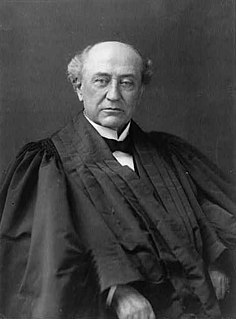A Quote by Henry Ward Beecher
The one great poem of New England is her Sunday.
Related Quotes
I write because to write a new sentence, let alone a new poem, is to cross the threshold into both a larger existence and a profound mystery. A thought was not there, then it is. An image, a story, an idea about what it is to be human, did not exist, then it does. With every new poem, an emotion new to the heart, to the world, speaks itself into being.
While the very inhabitants of New England were thus fabling about the country a hundred miles inland, which was a terra incognitato them,... Champlain, the first Governor of Canada,... had already gone to war against the Iroquois in their forest forts, and penetrated to the Great Lakes and wintered there, before a Pilgrim had heard of New England.
We re-make nature by the act of discovery, in the poem or in the theorem. And the great poem and the deep theorem are new to every reader, and yet are his own experiences, because he himself re-creates them. They are the marks of unity in variety; and in the instant when the mind seizes this for itself, in art or in science, the heart misses a beat.
The subject of the poem usually dictates the rhythm or the rhyme and its form. Sometimes, when you finish the poem and you think the poem is finished, the poem says, "You're not finished with me yet," and you have to go back and revise, and you may have another poem altogether. It has its own life to live.




































